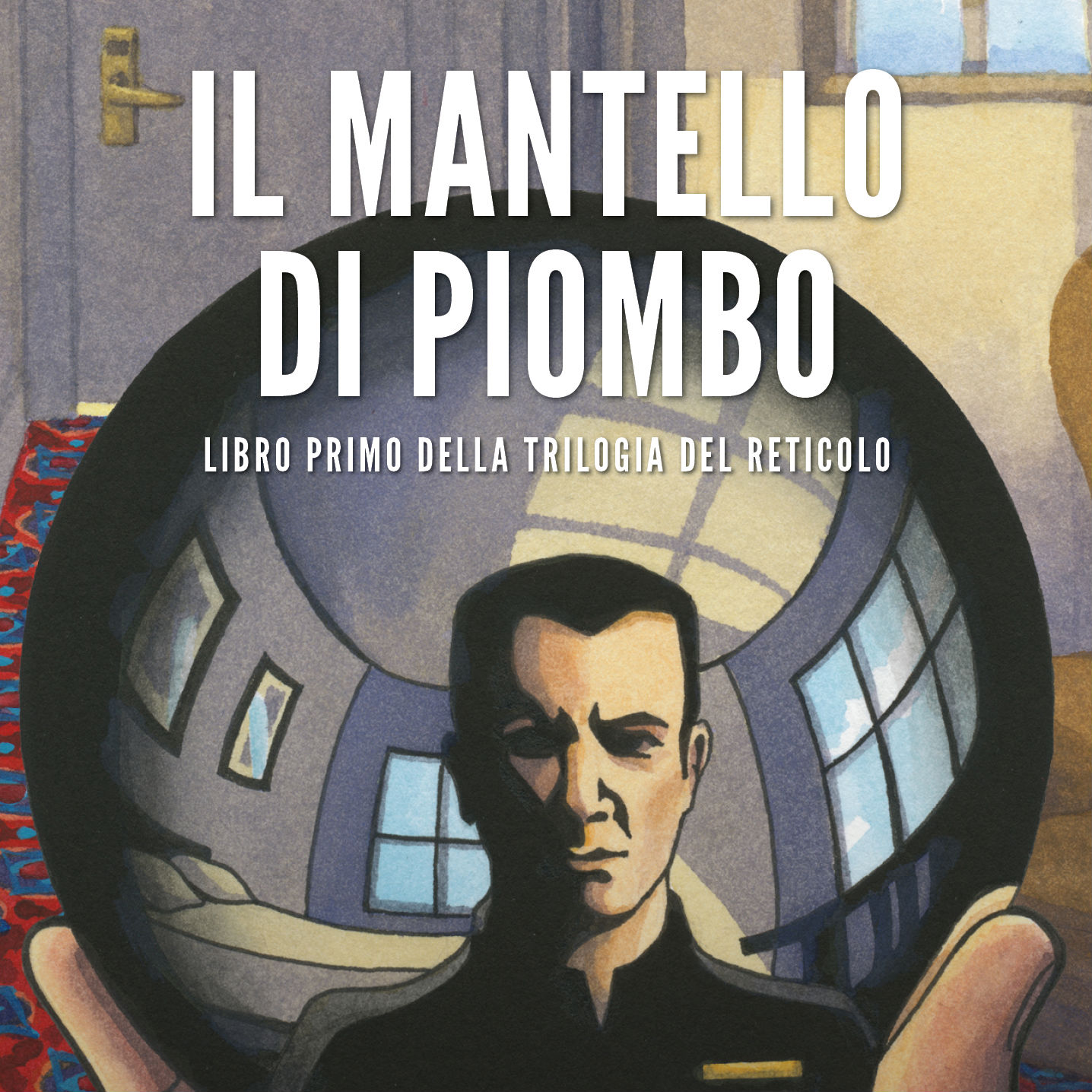 In 2012, Kindle opened up KDP publishing to non-English speaking Europe—Germany, Spain, France, Italy—and ever since then I’ve viewed getting my books translated into other languages as a sort of Holy Grail to self-publishing. There’s so much of the world that doesn’t speak English–I’d like to make my books available to them!
In 2012, Kindle opened up KDP publishing to non-English speaking Europe—Germany, Spain, France, Italy—and ever since then I’ve viewed getting my books translated into other languages as a sort of Holy Grail to self-publishing. There’s so much of the world that doesn’t speak English–I’d like to make my books available to them!
Right now, I can sell in foreign markets, but they are still English-language copies. And, yes, it feels good that someone in France or Italy can buy my books right now. But in practice, no one really does. Out of the 20,000 books I’ve sold—a lot, certainly, but not an insanely high amount, and not enough to be full-time—less than 100 were sold in non-English speaking markets.
But how to get my work translated? There are some pretty high barriers:
- Money—every time I researched this, I found mostly expensive services.
- Verification—even if I did find a service, how would I verify that the translation was any good?
- Distribution—I can navigate my way through KDP and other publishing platforms pretty well, but can I do it in Italian? Or Japanese?
Finally, I discovered an opportunity that seemed like it might work. It’s still very much an experiment for me, but the way I see it, I’m not selling that many copies in Spain or Brazil as it is. The worst that could happen is that nothing changes. So I put my books out there and hoped for the best
The service I discovered is called Babelcube.com. And those familiar with how ACX.com connects narrators and authors probably will get how it works pretty quickly: freelance translators connect with independent authors. The site facilitates the process and takes a percentage of any royalties.
The site solves the main issues:
- Money—the translator, the site, and I split the royalties based on a standard split
- Verification—the site helps verify the quality of the translators, but I also used some friends who are native speakers to verify the first 10 pages of the translation before authorizing the translator to proceed with the rest of the book
- Distribution—Babelcube posts the book on sites for me, including obscure (to me) ebook sites in other languages.
 I only have two translations out right now—an Italian translation of The Lead Cloak (the translator happens to do work for Marvel, a definite plus) and a Spanish translation of The Marinara Murders.
I only have two translations out right now—an Italian translation of The Lead Cloak (the translator happens to do work for Marvel, a definite plus) and a Spanish translation of The Marinara Murders.
But I have several more in the works, including translations of The Lead Cloak into Spanish and Portuguese, and translations of The Saints Go Dying into Spanish and Italian.
This is all still very new and I’m still really trying to get a sense of how it will go. So far, though, I’ve been very impressed with the translators. Based on their questions and their emails, they are top-notch.
The transaltors are advocates for my books as well, since they have a stake in their success.
If this model does work, over the years I will continue to expand my work into more and more languages. If my four novels were translated into German, French, Spanish, Italian, Japanese, and Portuguese that would be like having 28 different novels, since each new language is like a whole new novel for a new market.
The possibilities here could really leverage a self-publishing author to a global audience.
I am so grateful to the translators who agreed to work with me on these books. And I’ve enjoyed getting to know them a bit. We follow each other on Twitter, Facebook, or LinkedIn, and it’s very cool to get a little bit of a sense of life in Rome or Sao Paolo.
If you know of someone who speaks Italian or Spanish (and soon to be Portuguese) here’s my page of current translations, with links to stores. I’ll keep it updated as I continue to add new translations and new stores.
I am so excited about this!
